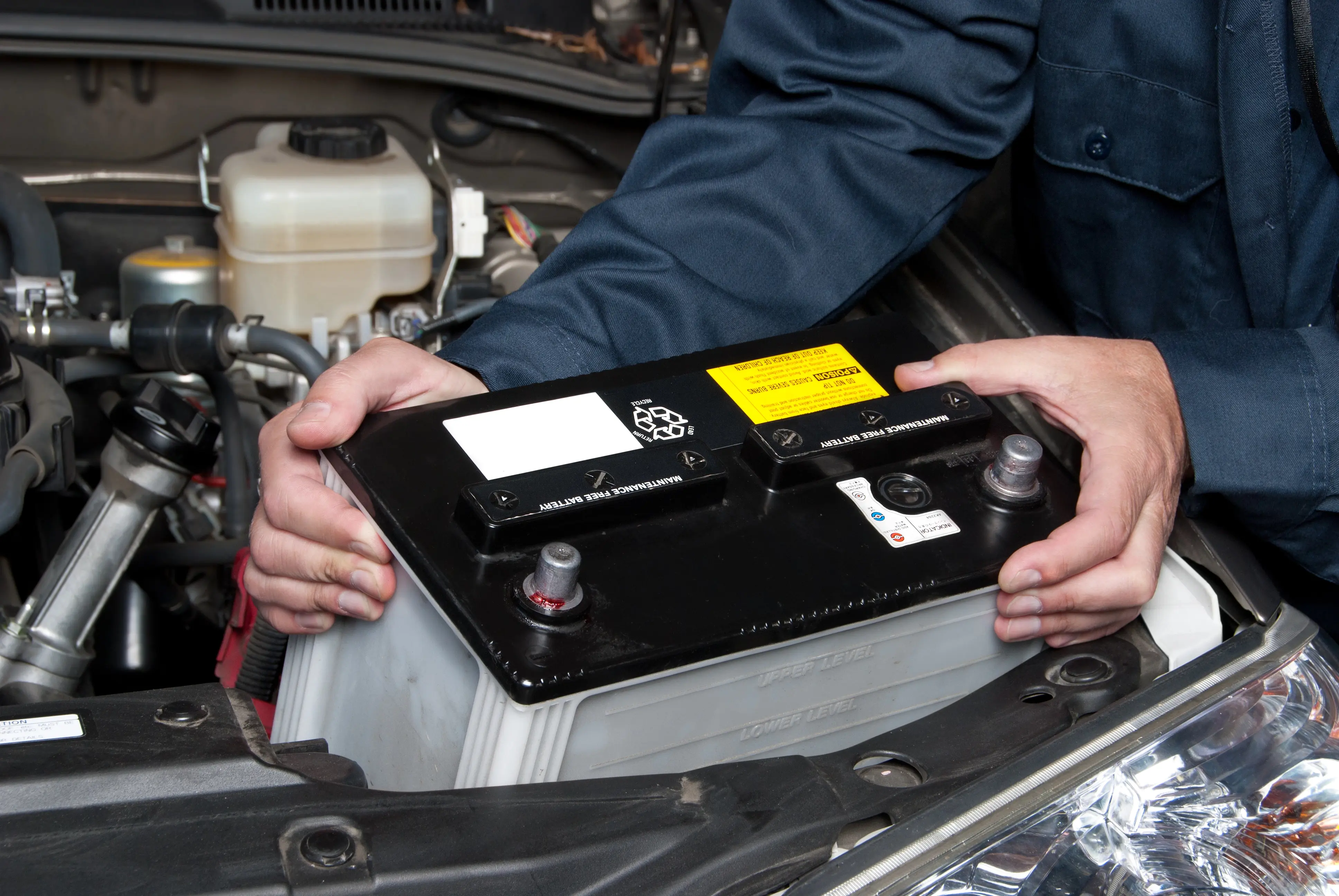Question: I recently bought a car for a great deal, but it needs a few minor repairs before I can drive it. I want to do some of the work myself to save money, so I’m thinking of ordering replacement parts online—but a friend told me I have to match the part numbers and I don’t know where to find them. How do I find part numbers for my car?
Answer:
Depending on the task, doing your own minor mechanical work can be a great way to save a few dollars while getting hands-on automotive experience.
The easiest way to find part numbers for your car is to look on the part itself. It’s often listed on a quality control sticker or a plate mounted on the part.
If the part you’re replacing is damaged or missing—or you can’t read the part number—you still have a few options:
- Search by make and model. If you’re shopping for car parts online, enter the year, make, and model of your vehicle to find replacement parts that fit—although you should still double-check that the parts fit before you purchase anything.
- Use your VIN. Some car parts websites allow you to enter your VIN in the search bar. The search results should then be filtered to only include parts that will fit your vehicle. If you’re shopping for parts in-store, you can give a sales associate your VIN and ask them for assistance.
- Look up a parts diagram. In the search bar of your browser, type in the year, make, and model of your vehicle, plus the term “parts diagram.” Choose a search result from the manufacturer or an authorized dealer, then locate the part you want to replace. The parts number will be listed on the diagram.
- Contact your vehicle manufacturer. Reach out to a customer service line and ask for the part number. Be prepared to provide the year, make, model, and trim of your vehicle.
OEM vs. aftermarket parts
Once you find the part numbers for your car, you’ll need to decide whether you want to use OEM (Original Equipment Manufacturer) or aftermarket replacement parts.
- OEM parts are designed specifically for your vehicle through the original manufacturer. They tend to cost more than aftermarket parts, but they’re guaranteed to fit correctly.
- Aftermarket parts are manufactured by a third party. They’re usually less expensive than OEM parts, but you’ll need to do your own research to make sure you get quality parts that will fit your vehicle and not break down easily.
If you’re using OEM parts, the part number should correspond to the one on your vehicle. If you’re using aftermarket parts, check the item description—there should be a list of equivalent parts numbers to help verify that you’re buying the right piece.

Expert insurance writer and editor Amy Bobinger specializes in car repair, car maintenance, and car insurance. Amy is passionate about creating content that helps consumers navigate challenges related to car ownership and achieve financial success in areas relating to cars. Amy has over 10 years of writing and editing experience. After several years as a freelance writer, Amy spent four years as an editing fellow at WikiHow, where she co-authored over 600 articles on topics including car maintenance and home ownership. Since joining Jerry’s editorial team in 2022, Amy has edited over 2,500 articles on car insurance, state driving laws, and car repair and maintenance.

Everett Cook is an award-winning journalist and editor with more than 10 years of experience across a variety of industries. In editing for Jerry, Everett’s mission is to help readers have a better understanding of the costs of owning or leasing a car and to better understand their vehicle in terms of insurance and repairs. Prior to joining Jerry, Everett was an editor for Axios. His previous work has been featured in The New York Times, The Los Angeles Times, The San Francisco Chronicle, The Atlantic, Atlantic Re:think, The Boston Globe, USA Today, and others. He’s also been a freelance writer and editor with experience in SEO, audience building, and long-term content roadmaps. Everett is a proud graduate of the University of Michigan.








